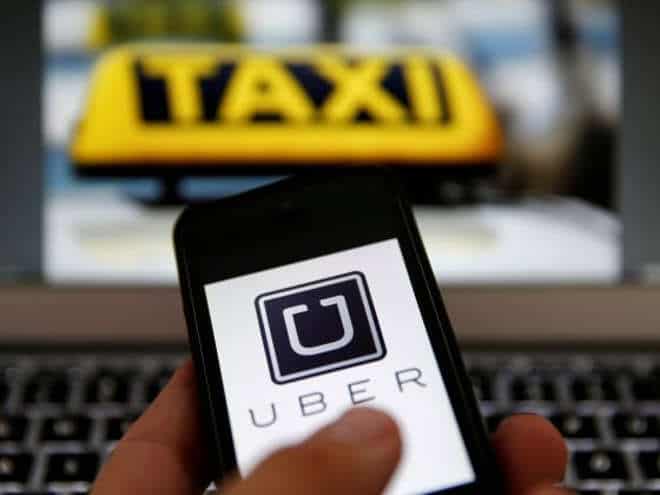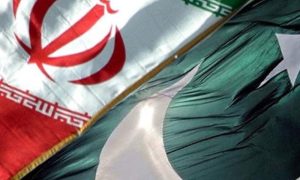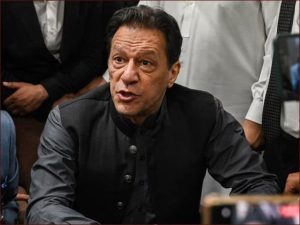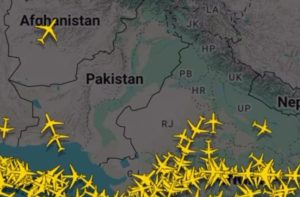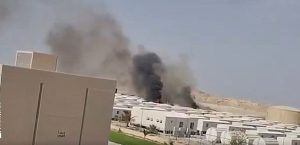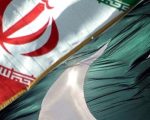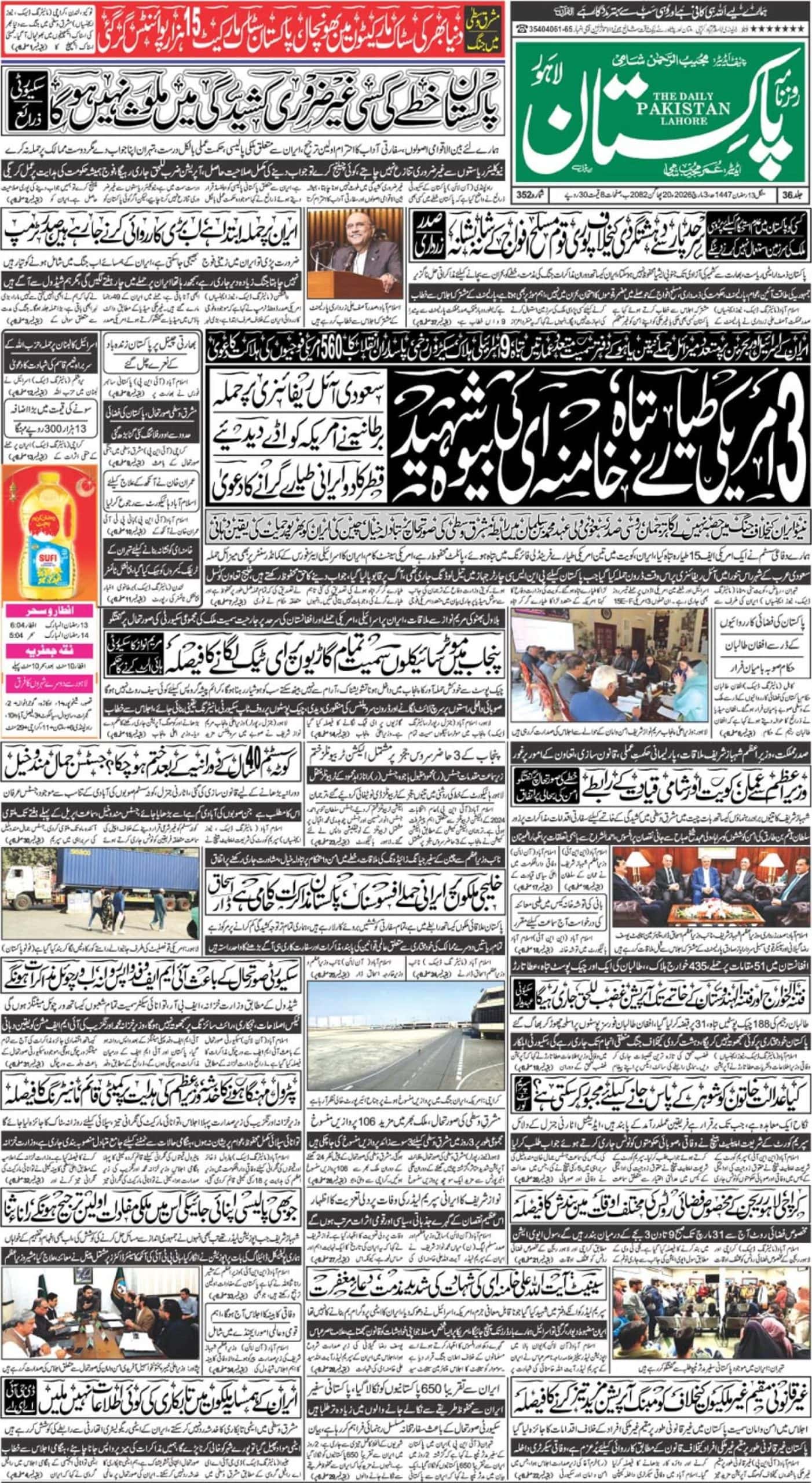In an exclusive investigative story, Daily Pakistan drew attention to the growing corruption in Uber’s services and drivers.
The tech giant, who has just launched its new Rickshaw service, had caused aspersions and uncertainty among general public about its safety and measures to stop wrong people getting into its new thriving business in Pakistan.
Uber, who was inquired by Daily Pakistan, has personally responded to our queries and provided its word to be publicized.
Read More: Corruption drives into Uber in Pakistan
Responding to our question regarding the screening process for drivers in Uber, Uber maintained that they are committed to the safety of everyone who uses Uber and is developing new technologies to ensure safety before, during, and after every ride and will be bringing this to Pakistani.
This includes, Uber further explained, giving riders information about their driver; tracking all trips using GPS from beginning to end; enabling riders to share their ETA or route; and incorporating feedback from riders and drivers. All of this happens on top of a driver screening process that includes having proper documentation and going through the screening process.
Uber maintained that all drivers must have the following:
• National identity card, driving license, car registration; We have both fleet partners (with salaried drivers) and I/Os
• a police verification certificate; Punjab police is doing a lot of efforts in improving the strength and transparency of this check and we’ll work together
• a social referral character certificate; referral from a non blood relative, validated and stamped by the government
• A mandatory anti-sexual harassment seminar; Third party is RABTT, renowned social platform in Pakistan. See attached module and presentation
What does uber do to ensure that drivers are properly paid and don’t drive unreasonable shifts?
“As a reminder, drivers are not our employees, Uber answered.
Drivers choose to drive with Uber for the flexibility and control they have. They choose when they drive, for how long, and can dictate their own schedule, day-to-day, week-to-week, they claimed.
Uber said it is creating new economic opportunities for thousands of people in each city where they operate. The lion’s share of the revenue generated (i.e. the fare) goes to the driver and stays local and they pay the drivers weekly for the trips they have done.
Uber asserted that it has a local team on the ground managing the operations and expansion of Pakistan, and is “not at all invisible physically.”
“Drivers have a fully staffed support centre to come in with any question, and we are currently developing this centre to keep up with the demand,” it added.
Uber said it has 24/7 Support for an urgent help with any Uber issue. “If something happens in a car, whether it’s a traffic accident or altercation between you and your driver, our customer support staff are ready to respond to any issues 24 hours a day, seven days a week,” Uber assured.
Uber claimed that one can easily share their ride details, including the specific route and estimated time of arrival, with friends or family for “extra peace of mind.”
The customer would be able to send a link to their friends and family about their whereabouts, where they can see in real time the name and photo of the driver, their vehicle, and where you are on the map until you arrive at your destination—and they can do all of this without having to download the Uber app themselves.
Uber maintained that it also takes feedback and ratings after every trip very seriously. After every ride, riders need to rate each other and provide feedback. The safety team reviews this information and investigates any issues.
Uber rejected the claims that drivers with their own cars are not facilitated as much as fleet owners.
“We prefer having individual operators on the platform. We fully encourage drivers to join as entrepreneurs and the majority of drivers on the platform currently are independent operators,” Uber clarified. “We have set up partnerships with MCB and Ufone/PTCL to facilitate bank account opening and smartphone/data access to secure the means for running their independant business successfully,” Uber further claimed.
We asked Uber about its measures to ensure only good quality drivers are on board and low quality are filtered out. We informed that a driver told us that Uber driver rating system is being refreshed daily which hides past ad performance. Uber rejected this categorically.
“No that is not correct,” Uber rejected the claims.
Uber assured that it takes feedback and ratings after every trip very seriously. After every ride, riders need to rate each other and provide feedback. And its safety team reviews this information and investigates any issues, addind that it is constantly assessing the quality of drivers locally and looking at where it can add more – whether it is training or through the technology.
When enquired about Uber’s plans to deal with thousands of rickshaw drivers who are even harder to manage, Uber said it is growing quickly in Pakistan to meet the demands of both riders and drivers. They claimed that they are growing their team and investing in technology more than any other competitor globally in order to keep up with the demand. This will apply to how they are working with rickshaws.
“We also want to bring increased transparency to the market by making sure drivers are correctly licensed, and this will be part of the process,” Uber claimed.
Uber said autos are the most ubiquitous transport option in many Pakistani cities and they are continuously working to expand transportation choices for people and offer more economic opportunity across Pakistan. “There’s no reason rickshaw drivers can’t benefit from the greater economic opportunity provided through our app,” they added.

